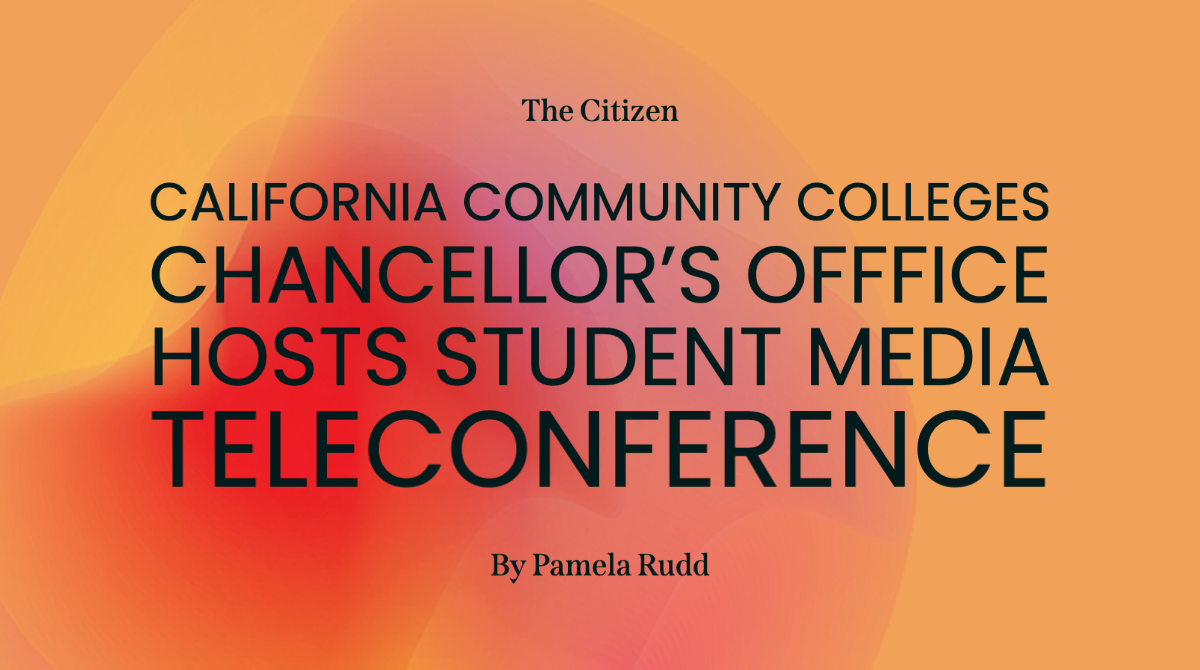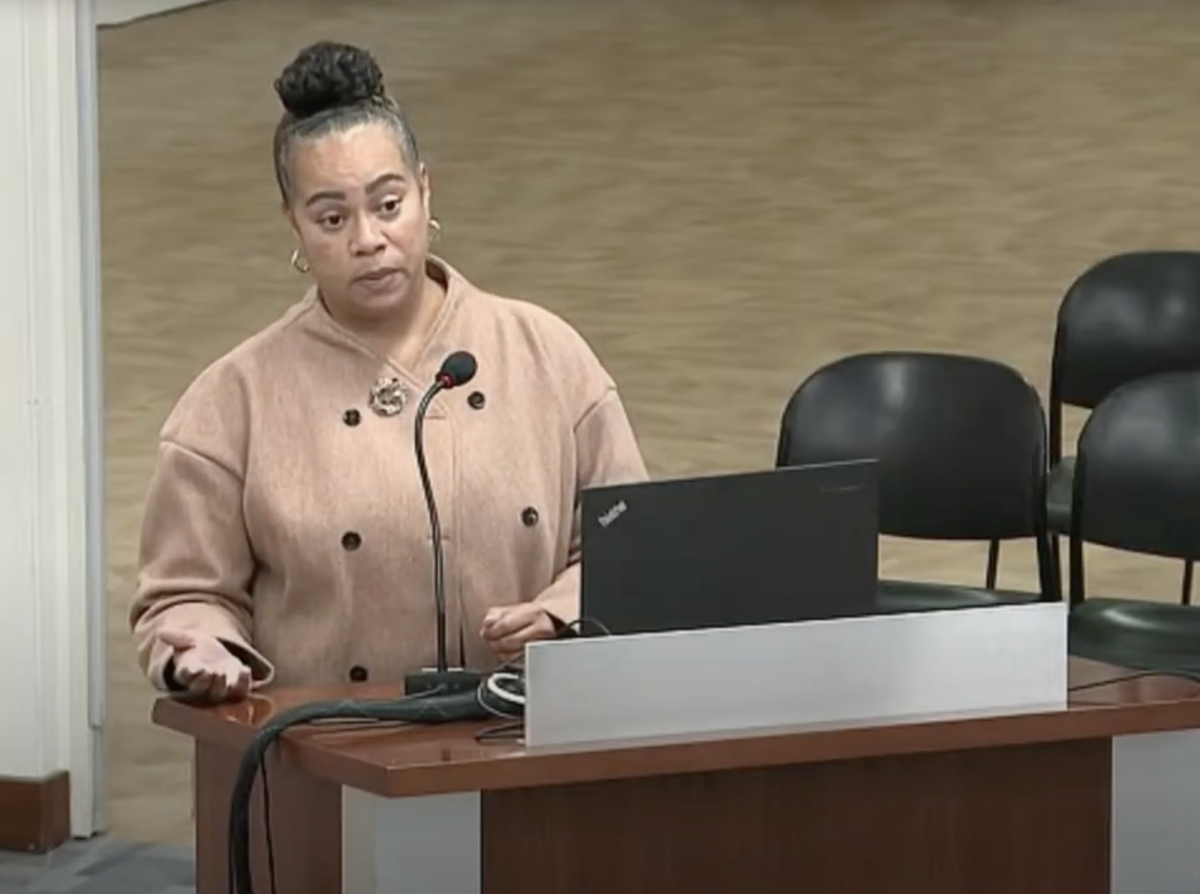
Interim Chancellor of the California Community Colleges, Daisy Gonzales, held a media conference Feb. 1, focusing on current programs that benefit students and highlighting Black history month.
Gonzales opened by acknowledging that Feb. 1 marks the start of Black History Month, an annual celebration recognizing the contributions of African Americans in our country and local community. She stressed that celebrating Black History Month on our college campuses is only part of the work that needs to be done year-round to support African American students.
Gonzales highlighted this year’s theme, Black Student Success, and spoke about the responsibility of promoting vision, action, and supporting Black students in “ecosystems of unconditional belonging,” where inequities are addressed and basic needs are provided to ensure student success.
As part of a statewide effort to better serve California’s diverse student population, Gonzales announced the publication of the updated 2022 Equal Employment Opportunity (EEO)/Diversity Best Practices Handbook. This handbook affirms the role of EEO in student success, and the importance of a diverse student population to be served by faculty and staff that are equally diverse.
The handbook provides resources for campus leaders that “address systemic inequities around hiring, retention, and support for faculty and staff of color,” and highlights the need for students to serve on hiring committees. Gonzales urged all of the hiring committees across the California Community College system to encourage students to participate in hiring practices.
The interim chancellor then pivoted to “basic needs,” and the importance of meeting those needs to ensure student enrollment and student success. According to Gonzales, hunger is the top reason given as a barrier to college enrollment. This is based on nationwide data and a survey led by the state chancellor’s office. Additional barriers to enrollment and success include the need to prioritize work, concern about college affordability, and the need to care for children or other dependents.
CalFresh, California’s federally mandated Supplemental Nutrition Assistance Program (SNAP), is currently one resource available to students to address food insecurity. It can provide monthly food benefits to individuals and families with low-income and provides economic benefits to communities,” according to the state’s website.
According to Gonzales, “two out of five, or 40%, of community college students are eligible for this program,” and accessing these benefits does not affect a student’s financial aid eligibility.
At the end of March, the CalFresh program will be ending “boosts” to benefits that increased payouts during the COVID-19 pandemic, according to an article in CalMatters. The state chancellor’s office suggests contacting the basic needs coordinator at your college for further information on how this change will affect current benefits.
As of July 2022, colleges are required to hire or designate a “basic needs coordinator,” and Gonzales recommended that students start there for information on “housing referrals and any additional new financial aid programs that may be available.” She also suggested students look at icangotocollege.com. This website provides additional information on careers, colleges, degrees and certificates, as well as financial aid.
The last program update the interim chancellor gave was in regards to “College Corps.” This is part of a statewide program “California Volunteers,” which gives students access to work based learning. Last year the first cohort of “3,000 students statewide earned $10,000 for serving their community,” Gonzales said. Many worked in elementary schools and provided tutoring, or in food banks to address food insecurity. Some students volunteered and were paid to help with the recent floods.
The state is expanding this program. Cohort two (2) has just launched and is enrolling new students. This program will be available for undocumented/dreamer students, and those who have attended high school in California for three or more years and have graduated. These AB549 students are exempt from paying nonresident tuition and/or are able to apply and receive state aid.
The interim chancellor closed her report by recognizing that April is California Community College month, Financial Aid Awareness month, and that Black Student Success week is also in April.
Peralta’s basic needs coordinators are:
Berkeley City College: Izabela “Izzie” Villanueva (they/them/theirs) [email protected]
College of Alameda: Jeremy Simmons (he/him/his) [email protected]
Laney College: Katrina Santos (she/her/hers) [email protected]
Merritt College: Doris Hankins (she/her/hers) [email protected]


























